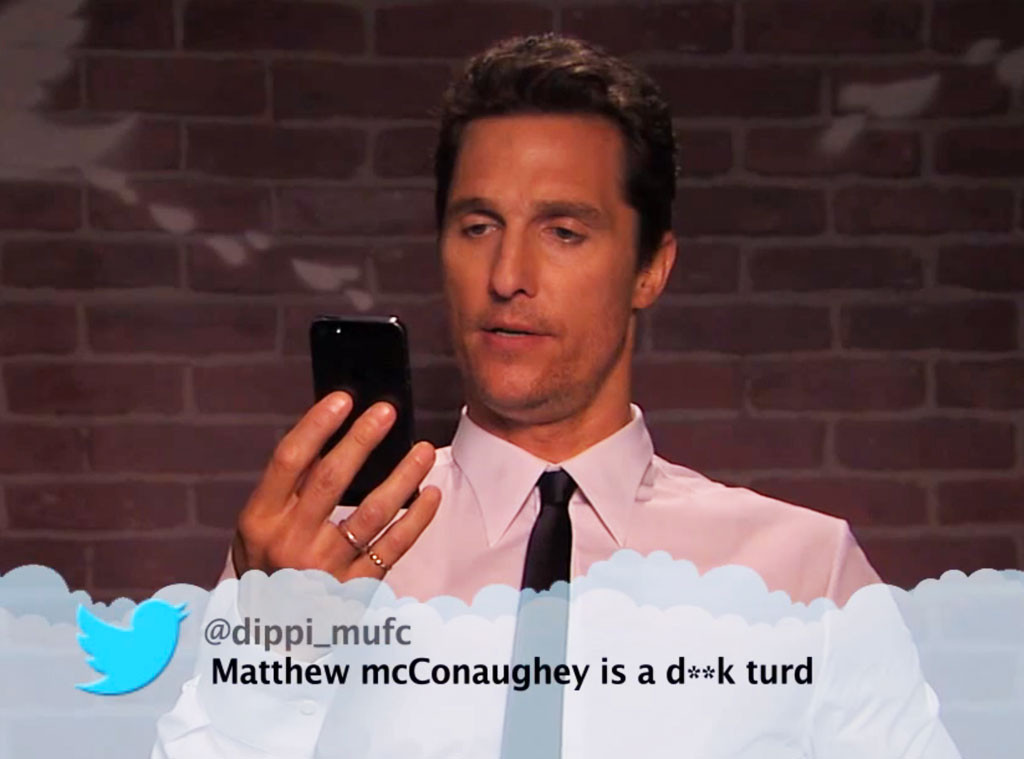In the early YouTube years, I watched a catchy and comedic video of a young boy rapping about fried chicken.
His impressive musical skill represented on the topic made me smile. I didn’t know at the time that people were able to comment on what others had posted. As I curiously scrolled down the numerous responses, I was shocked to read hateful and blatantly disrespectful messages bashing the kid’s talent.
Who were these angry people and why did it bother them so much? It broke my heart to think about how that child would feel if he read what I saw. These “trolls” sounded like they wanted to fight. But, perhaps they were the ones who needed my compassion.
“Troll, a term defining a highly dysfunctional online user who targets others using cyber harassment, internet defamation, online deception, cyberstalking, disinformation, extortion, duplicity, and cyberbullying. The Internet Troll inhabits cyberspace like, ‘cockroaches hiding behind refrigerators waiting for the lights to be turned off.’ The Troll relies upon a fragmented unconscious and lives within a fantasy world of being powerful, in control and envied by all others…In reality, they feel completely opposite of what is portrayed to others. From an intrapersonal and interpersonal dynamics standpoint, Trolls are plagued by immense feelings of inferiority, isolation, rage, paranoia, and jealousy for peers.” ~ Michael Nuccitelli, Psy.D.
The topic of my last article revolved around the dreaded “V” word—veganism! I know this rubs a lot of people up the wrong way. But why? It’s a personal choice. I was even against it at first but gradually became more enthusiastic about the global benefits.
I had written from a space similar to wanting to share a good movie—knowing we all have different tastes. Some of the responses I got were full of anger and lashed out directly at me. Oh no! I was the target of trolls!
There’s a big difference between having a constructive conversation or debate on a subject versus viciously and childishly bashing words one doesn’t like. I rarely read others’ comments as they’ve become so harsh and judgmental. It’s surprising to me that anyone would spend his/her precious time, energy, and attention on something they don’t like, let alone attack it in ignorance.
But I read on. And, as I did, I noticed sensations flood my body, how they felt, and which areas they dominated. My nervous system felt flushed with anxiety. It was fascinating to witness how I responded. Even though I thought I knew better, I asked myself why it bothered me. Couldn’t I resist being affected? Were my years of meditation failing me? Why was my mind focused on the burning acid in the words of someone I didn’t even know?
I was told my article was full of lies, even though most of it was based on personal opinion. This piqued my curiosity. Isn’t the majority of data we’re showered with these days full of misinformation? The media, papers, and even history books claim to be true, but are still impregnated with subjective bullsh*t.
I know it’s up to me to absorb what I hold true, learn what I can, take time to listen, and not get so bent out of shape for seeing or reading something that might be agitating.
“As for literary criticism in general: I have long felt that any reviewer who expresses rage and loathing for a novel or a play or a poem is preposterous. He or she is like a person who has put on full armor and attacked a hot fudge sundae or a banana split.” ~ Kurt Vonnegut Jr.
In Will Ferrell’s speech to USC graduates this year, he advised the audience not to listen to critics. After being emotionally vomited on by trolls, I immediately recalled his wise words. I noticed how my ego mind fought to grasp onto the unnecessary drama. The sensitive side of me twinged—but I knew I would get over it quickly. I wondered how other people felt when verbally assaulted online. My heart ached for the younger victims of cyberspace bullies.
If something provokes or irritates me I may get upset, but I’m learning to shift my awareness to the bright side of what I love instead. That way, I feel less drained, frustrated, angry, or rattled. It doesn’t serve me to be judgmental. What’s the point in sacrificing my time on anything my body, mind, and spirit don’t resonate with? It’s absurd. It also allows me to take responsibility for the depth of my feelings, words, and actions.
As the saying goes—promote what you love instead of bashing what you hate.
I don’t pretend to understand why people act the way they do but I’m fascinated with psychology. What is it with these spiteful critics on the web? Is it the adrenaline rush? The deep-seated anger? Hunger for attention? Nothing better to do? And, how can I dismiss them when my little contributions are attacked?
Psychology Today states that trolls are “motivated by boredom, attention seeking, and derive pleasure from causing damage to the community and other people.” Believing that, “the motivating force behind internet trolls may be sadism.”
“It is a thing of no great difficulty to raise objections against another man’s oration, it is a very easy matter; but to produce a better in it’s place is a work extremely troublesome.” ~ Plutarch
As passionate as I may be on a subject, before I haphazardly react and reply—which is the easy thing to do—I might ask:
Why am I triggered by this? Why did I allow it into my mental space? Does it affect my eternal happiness? What are the pros and cons of speaking out? Can I engage with integrity?
To prevent myself from unintentionally becoming a troll, I distance myself from the issue, and return to it later once I’ve simmered down, if it still calls for my attention.
I would also face these same questions as a victim of troll attacks. Shifting the focus inward, rather than on a target, has been an uplifting and contemplative way to learn about myself.
~
“I’ve been all over the world and I’ve never seen a statue of a critic.” ~ Leonard Bernstein
~
Author: Tirzah (Adya) Shiya
Image: YouTube
Editor: Lieselle Davidson
Copy Editor: Khara-Jade Warren
Social Editor: Leah Sugerman












Read 1 comment and reply